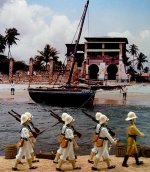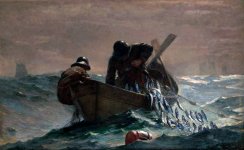PolarBear
Major
- Joined
- Feb 24, 2007
- Messages
- 6,706
On the eve of World War I, warships of the German Imperial Navy are anchored in the harbor of Tsingtao, China, which was under German colonial control between 1897-1914.
Figure by Beau Geste. German Colonial Navy in Summer Dress (from set BG237A)
Figure by Beau Geste. German Colonial Navy in Summer Dress (from set BG237A)




